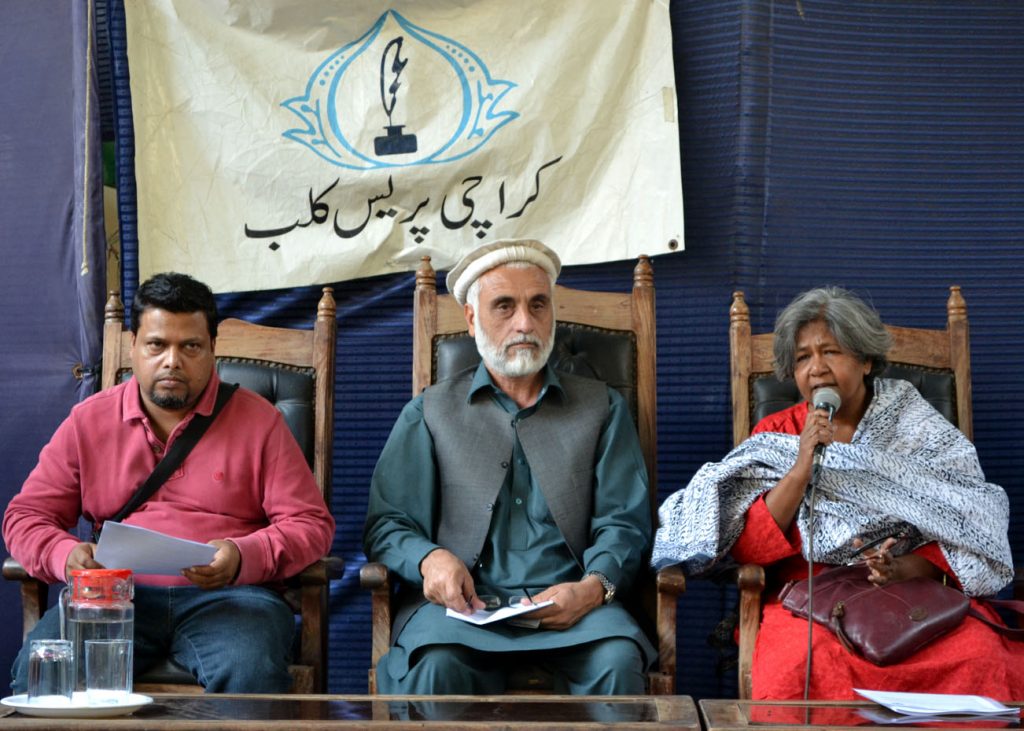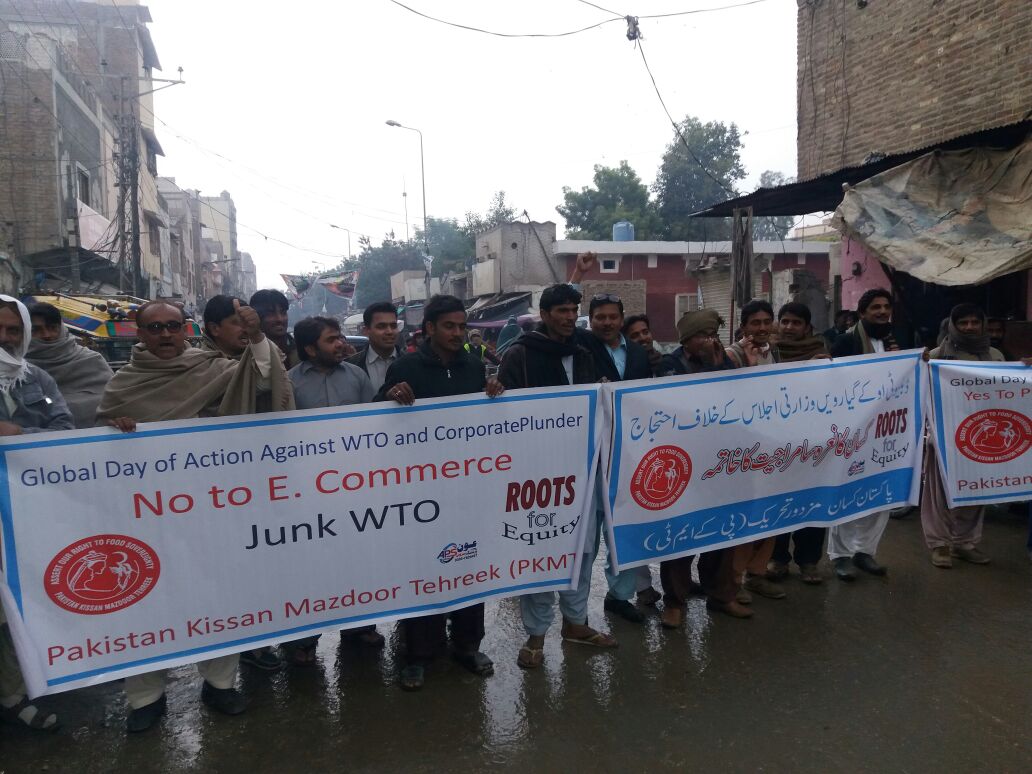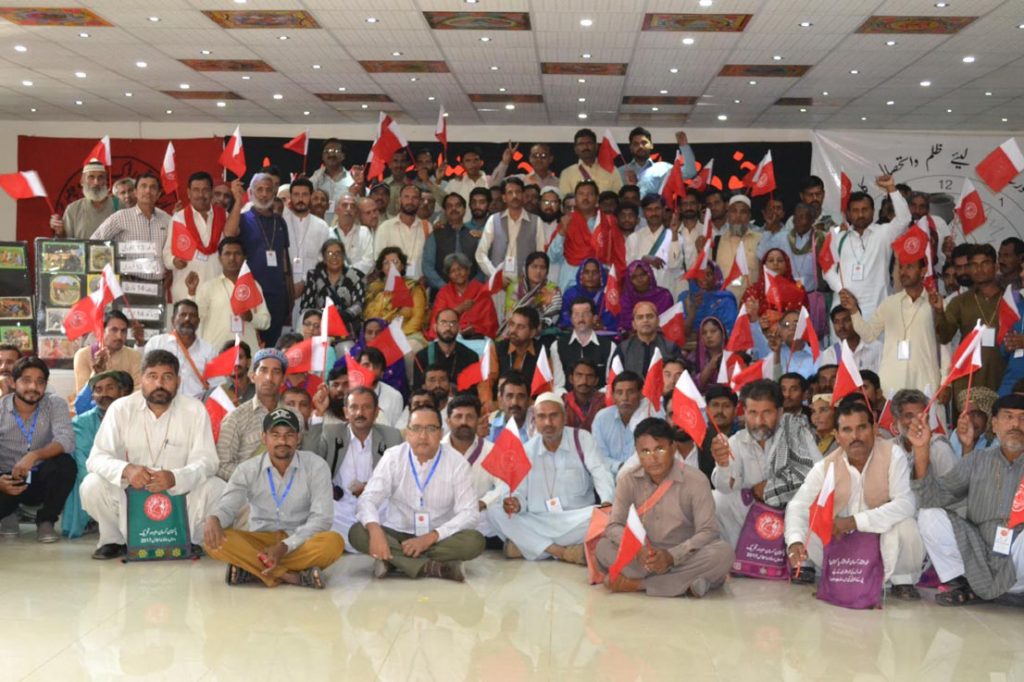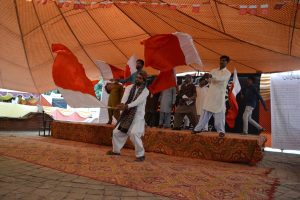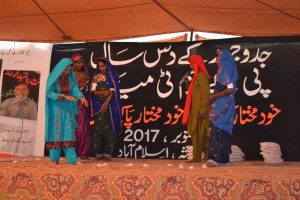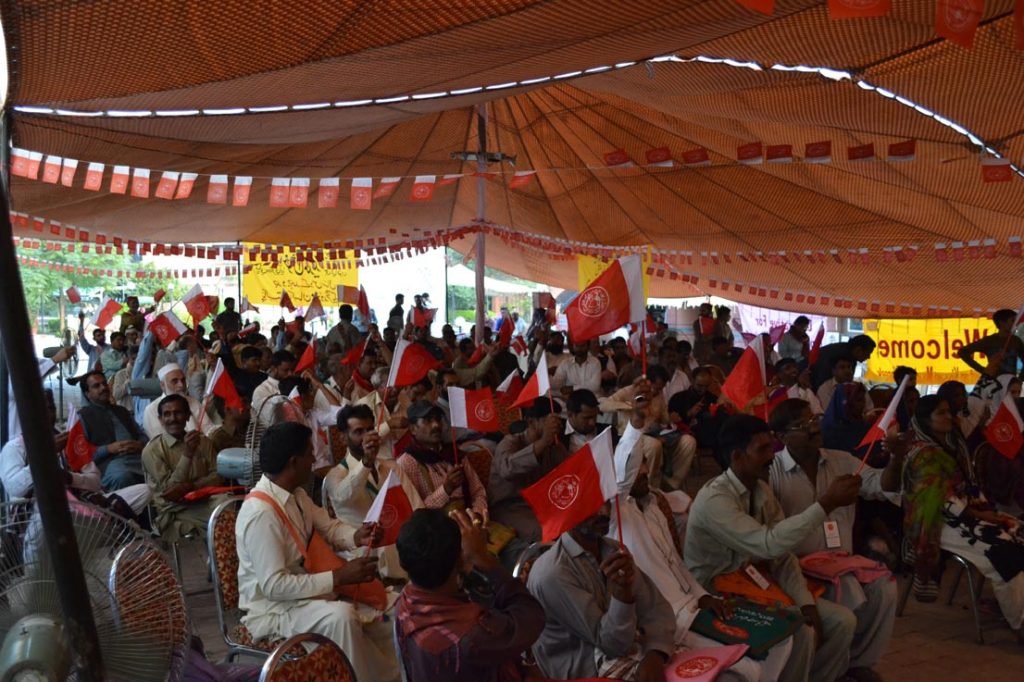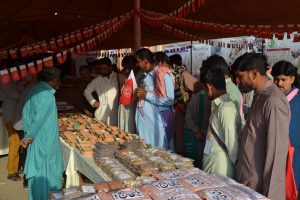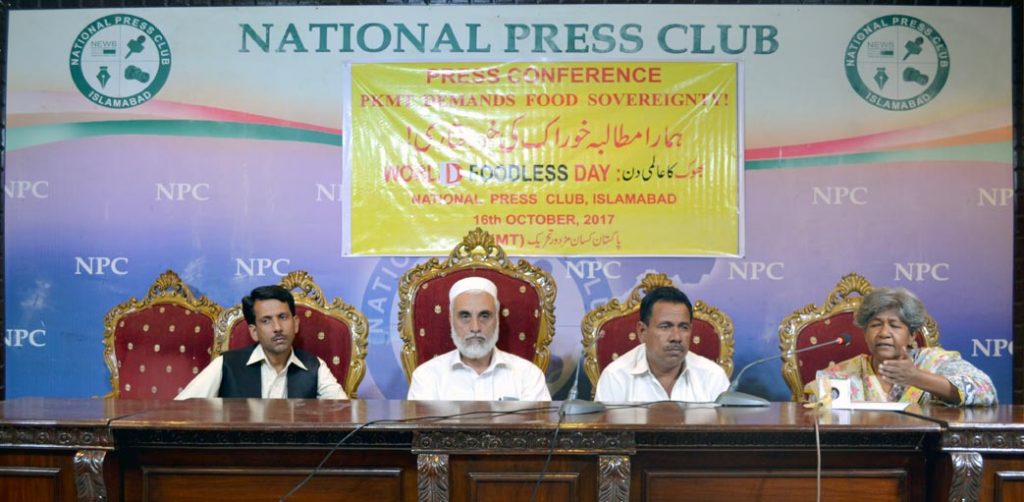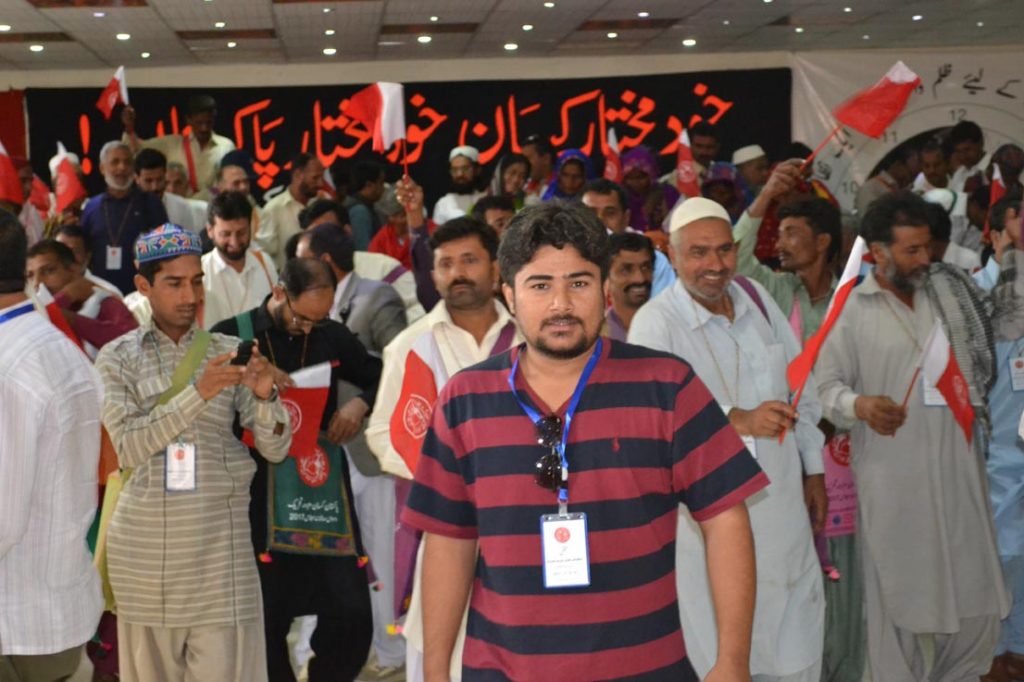PRESS RELEASE
January 9, 2018
The President of the United States of America, Mr. Donald Trump on January 1, 2018 sent a tweet in which he states that his country had ‘foolishly given Pakistan more than 33 billion dollars in aid over the last 15 years. . . . No more!” Pakistan Mazdoor Kissan Tehreek and Roots for Equity beseech, beg, and plead, the President of the United States and its people, (on whose behalf US aid is provided), to at least keep this ONE promise of NO MORE!.
Let us recount what this ‘foolish aid’ and engaging in the so called War on Terror has cost the people of Pakistan: more At least 1,000 NATO and drone attacks, and suicide bombings have left more than 40,000 dead, and 20,000 injured; not to include destruction of our livelihood, infrastructure, agriculture, livestock, industrial production and other economic aspects of daily life. But the economic cost is nothing in contrast to the absolute loss of dignity and peace that we, the people of Pakistan have suffered. Our constitution was changed to allow for unchecked ‘security measures,’ we the people of Pakistan, each one of us, are potential ‘terrorist’, even by our own law enforcement agencies. Our young people and youth have grown up in a state of terror, not being allowed peaceful dignified existence in our communities. Millions have been forced to be displaced, living as refugees in the country. Our people’s organizations are searched, humiliated, and subjugated at every step; people’s rights, civil rights are all severely curtailed! All this because of your ‘foolish aid’.
The history of US economic and military aid needs to be examined from the early years of Pakistan. US AID reports admit that development loans (not grants) for millions of dollars’ worth of fertilizers to Pakistan were provided. The introduction of green revolution technologies supported by Ford and Rockefeller Foundation, wiped out our traditional agriculture, creating a huge market for US agriculture corporations; as a result today millions of farmers are deep in debt – (just like the Pakistani government), suffering from malnutrition, hunger and impoverishment. Today, the clarion call of aid agencies is Food Fortification; thank you Green Revolution! Millions of children and adults are now suffering from micronutrient deficiency because of fertilizers and HYV seeds of Green Revolution. So, first US AID has caused disease and death through highly toxic agriculture inputs, and now the ‘remedy’ is fortified therapeutic foods. US AID is pouring in millions of dollars aid through the UN agencies including the World Food Program and UNICEF for food fortification. Based on testimonies given to the US Congress, US international food aid from farm to foreign ports provides the following benefits:
$1,972,000,000 in output of all US industries
$518,000,000 in earnings of households and 13,043 jobs
So, on one hand US economy is maintained by sending us in-kind food, and on the other a new ‘Gift’ is fortified food. This is the next billion dollar market created through food fortification. US Corporations like Kellogg and General Mills among others, supported by USAID, USDA have ‘foolishly helped’ the government of Pakistan reforms our laws and standards so that fortified foods can be force-fully marketed to the hungry, malnourished people of Pakistan.
This is similar to what has been done for changing seed laws in 2015. The meager $6 billion US Aid from the Kerry Lugar Bill in the name of economic and emergency aid for the people, has been used to bring about huge legislative changes in various sectors including agriculture and energy pushing for privatization, liberalization and deregulation. US AID has particularly pushed Pakistani agriculture research toward paving the way for US corporations.
No doubt, the US state is imperialist! We put our hopes in the people of the US. We ask them to stand with the people of Pakistan and not send any more aid ‘in their name. Please Mr. Trump, NO MORE MILITARY, ECONOMIC, HUMANITARIAN, FOOD AID to the people of Pakistan; and (using us a conduit) to the people of Afghanistan. As an ‘honest American citizen’ and the leader of such a ‘great nation’ we hope you will keep this promise, at least!
Released by: Pakistan Kissan Mazdoor Tehreek (PKMT) & Roots for Equity

